The Science Says blog series features our members' commentary on science subjects they are passionate about. These topics range from reactions to science in the media that isn't covered by Science REALLY Says to the discussion of controversial topics.

The Future of Food... Again!
Science Says kicked off its return to the Davis farmer's market in January 2023 with a "Future of Food" display polling passersby on their opinions of futuristic foods.
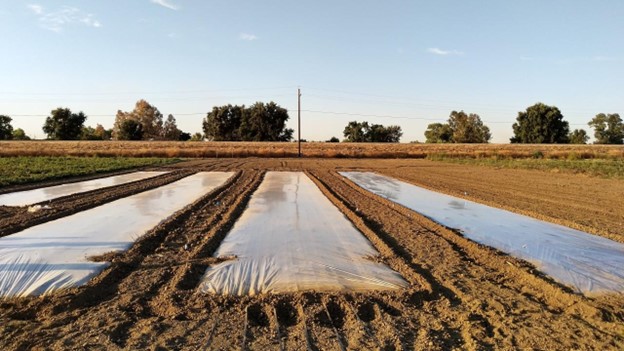
Soil Health is the Foundation of a New Green Revolution
We often think of soil as "just dirt" - but there's much more to this substance we walk upon, and its health is of utmost importance. Emily Steliotes shares how our agricultural history impacted the health of our soil and what the future holds for maintaining soil health.

Water: A Tale of Trickled Down Inequities
Current perpetuation of past water use practices continues and further exacerbates likely future inequities in water access. Raisa Rahim shares can be implemented to mitigate these effects.
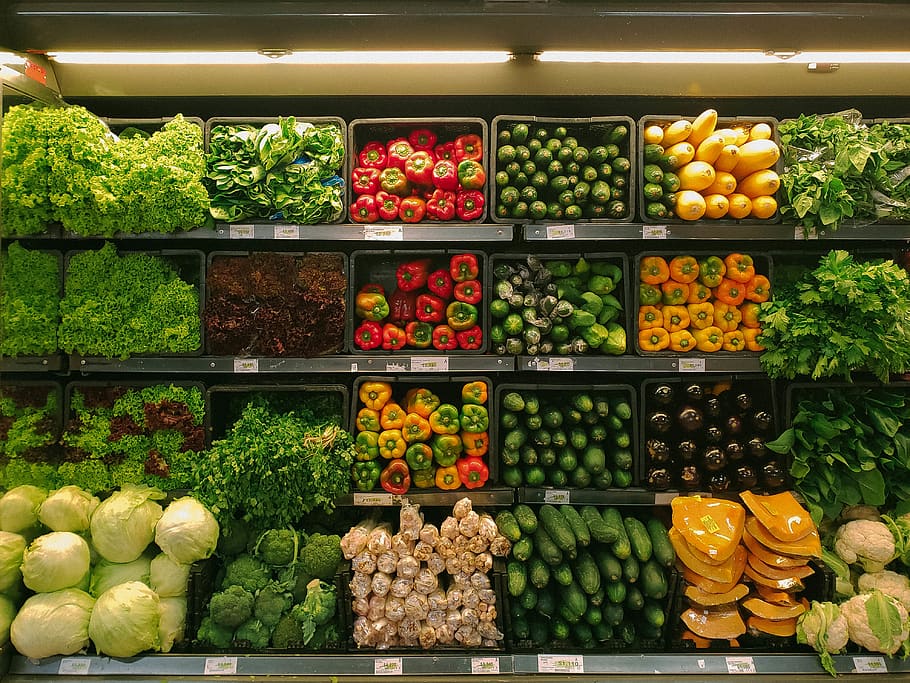
Food Systems: Nourishing Inequality
Have you ever really considered where your food comes from, or the impact agriculture has on socioeconomics or the environment? Raisa Rahim takes a critical look at these intersections.
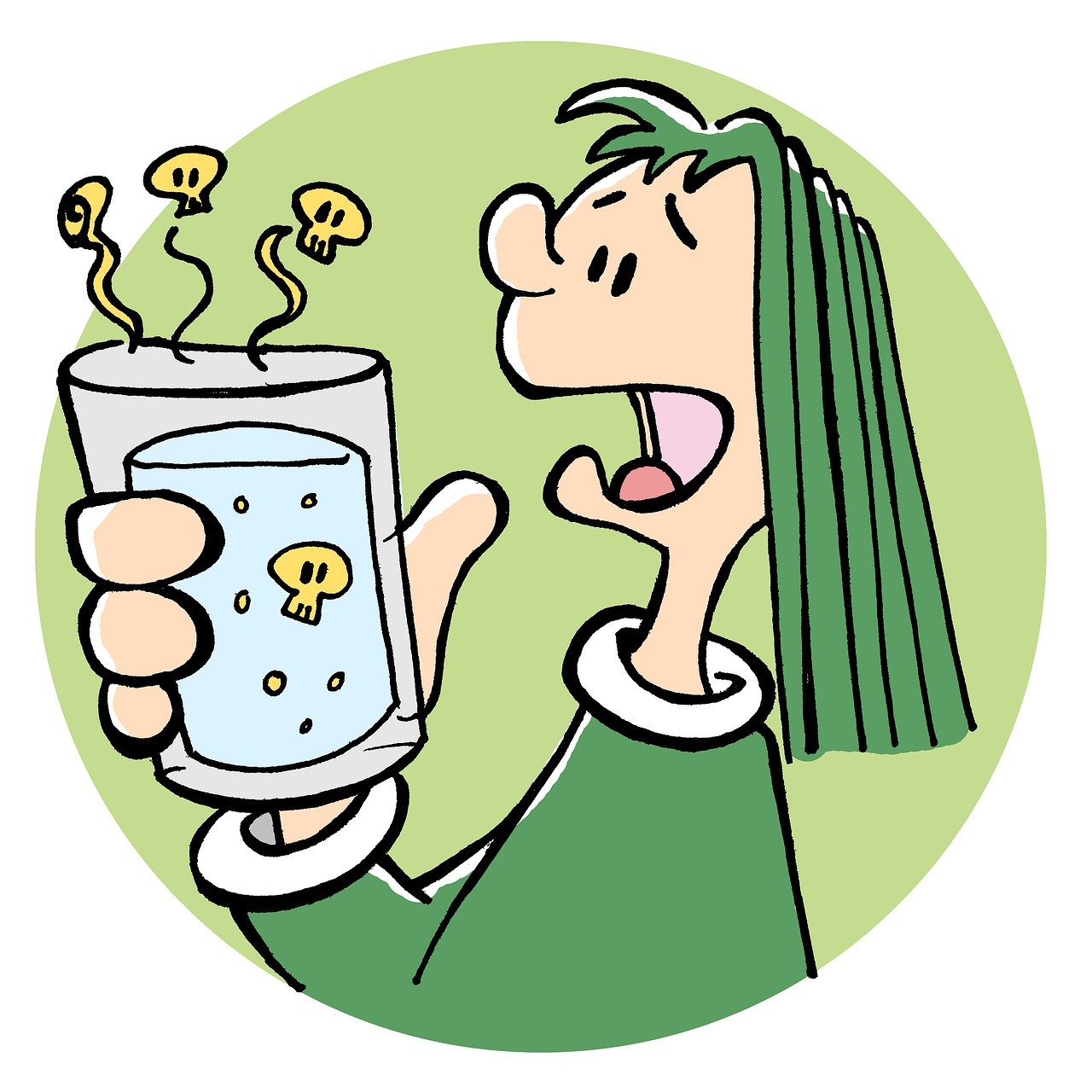
There's Something in the Water...
Do you enjoy a cold, refreshing glass of water on a hot day? Unfortunately, not everyone has that privilege. A new study brings to light toxic effects of heavy metal combinations present at the current "safe" levels.
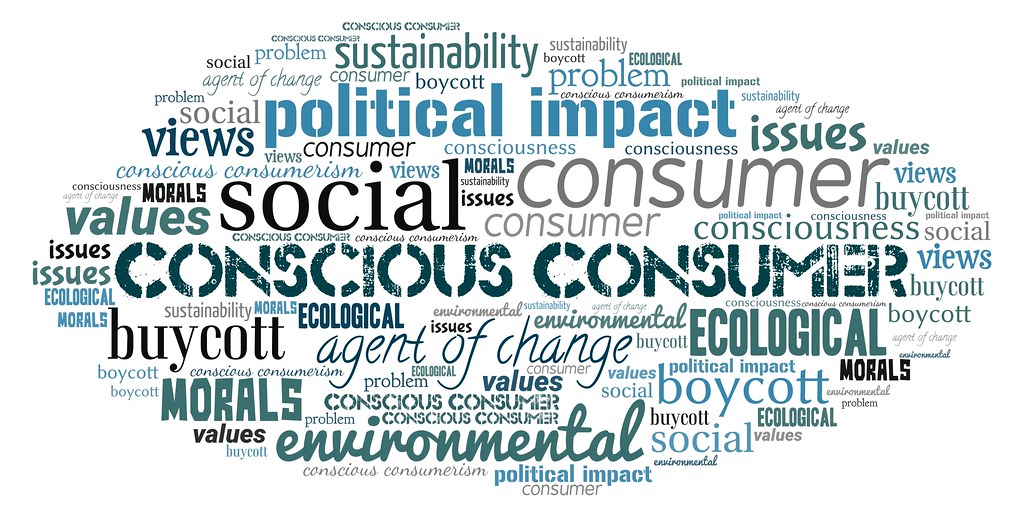
Consumerism
As consumers, we are faced with seemingly boundless options for material goods. That generates inequity in the manufacturing companies as well as lots of waste that goes into our environment (and food!). Raisa Rahim takes a look at how consumers can make more sustainable choices in the face of plastic and planned obsolescence.
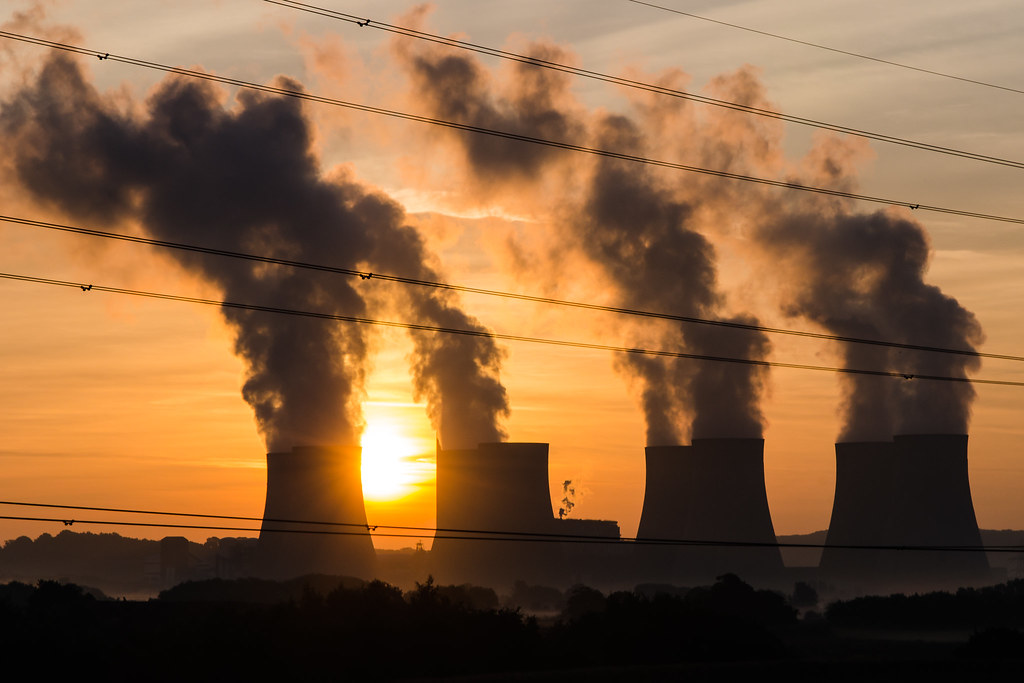
Conventional Energy
Conventional, non-renewable sources of energy (e.g. oil, coal, natural gas) have been forming for millions of years and are thus non-renewable in our lifetime. Fossil fuel extraction has been steadily increasing: 50% of the 11.7 gigatons extracted was done in the last few decades. If the current rate of extraction is continued, these sources are projected to be depleted quickly. In Raisa Rahim's next installment, she takes a deep dive into the sustainability (or rather unsustainability) of fossil fuels.
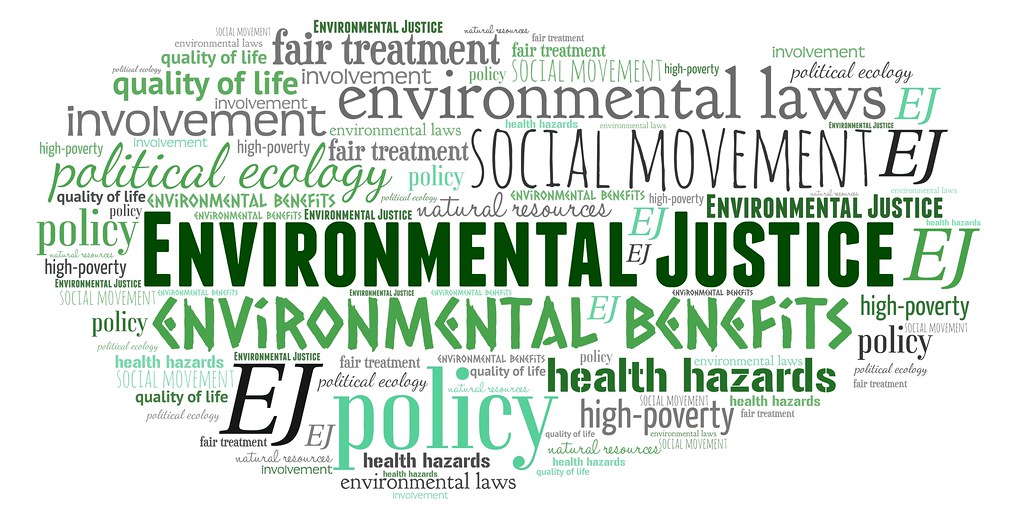
Cassandra’s Prophecy Revisited
Scientists have shown overwhelming evidence supporting anthropogenic climate change, yet it is often not at the forefront of everyone else’s minds. People might say that this is not a good time to talk about climate change and environmental degradation, what with the immediate and large-scale problems of COVID-19 and the public reckoning of social injustices. In this upcoming series, Raisa Rahim will clarify the direct link between human action and both environmental and human impacts, for better or for worse, by taking an evidence-based and interdisciplinary perspective to examine these overlaps from different angles.

Is the "Love" Hormone Making Us Socially Anxious?
We have all experienced nervousness before a social engagement at some point. Perhaps you had anxiety before speaking in front of a crowd or butterflies in your stomach in anticipation of a first date. As social beings, it is normal human behavior to care about what others think of you. But what happens when you care too much? Heather Mayer explores some of the research about social anxiety being conducted here at UC Davis.
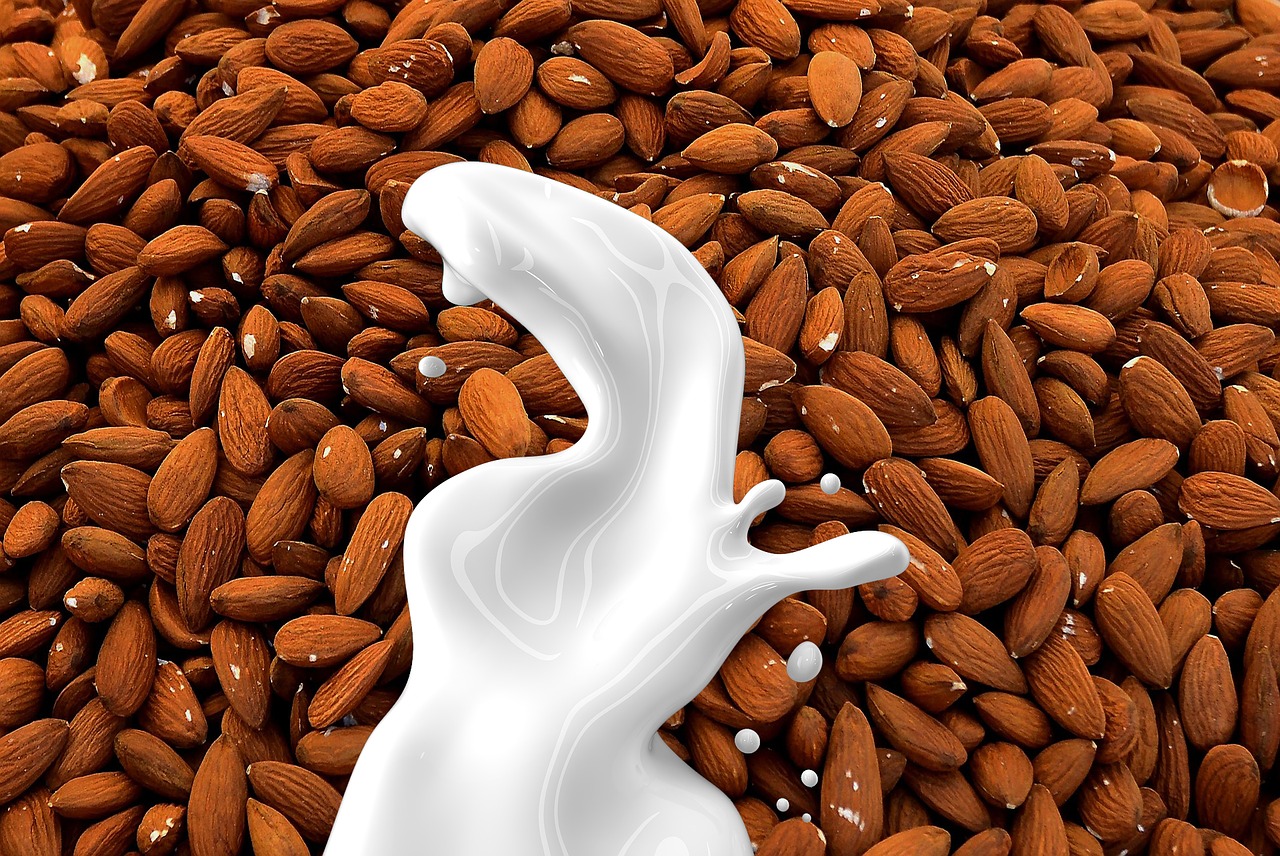
Labeling Lawsuits: Why Naming Plant-Based Foods is So Contentious
What makes cheese, cheese? Or milk, milk? How does naming food products create such controversy that it inspires lawsuits? Sydney Wyatt takes a deep dive into the controversy surrounding labeling plant-based milk and cheese.
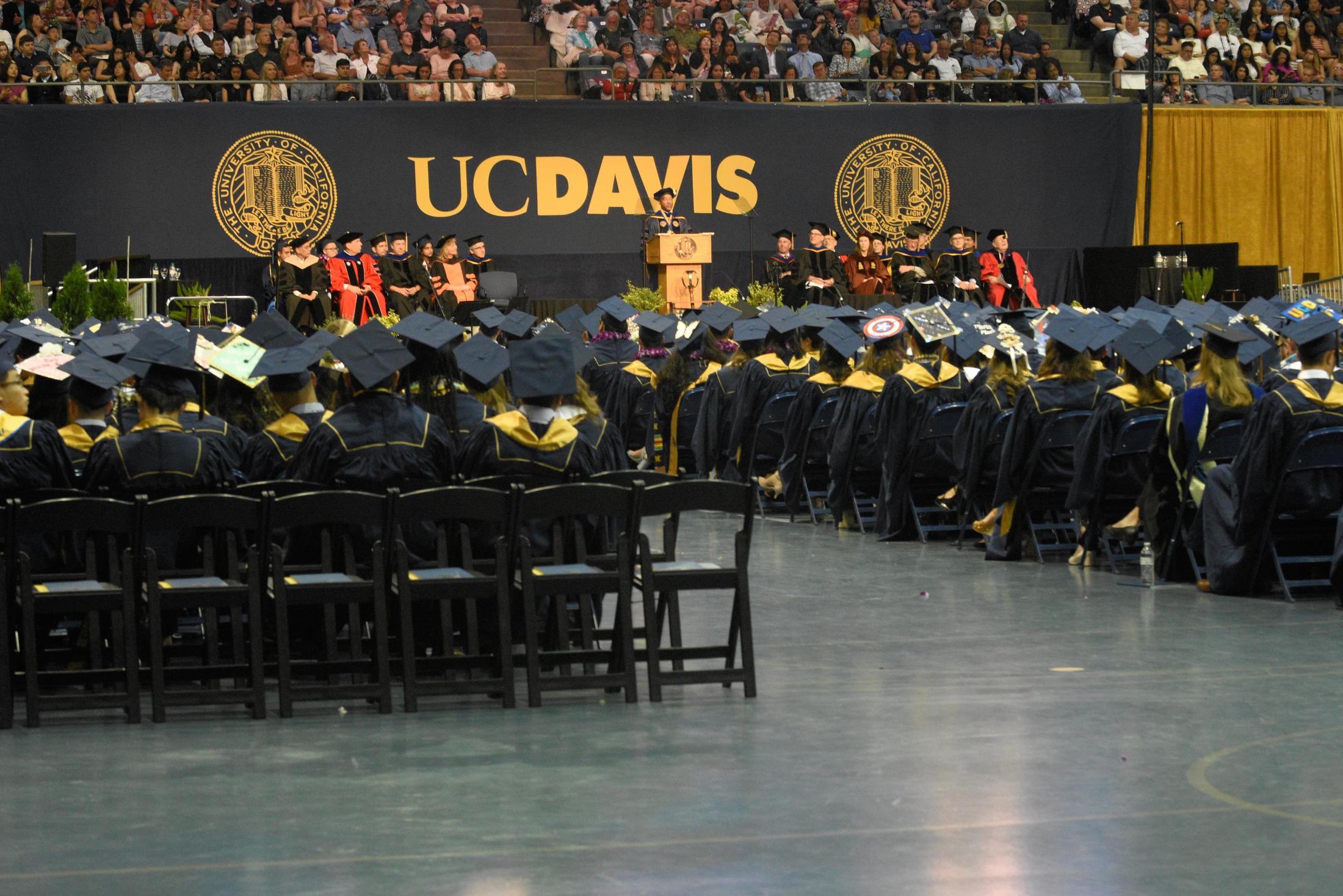
The Person Behind the Scientist: A Ph.D. Journey
Everyone's journey through and beyond higher education is unique. Here, guest writer, recent Ph.D. graduate previous Science Says leadership team member Beatriz Pereira details some her journey through her degree.

What A Bird Needs
Taking a shot at better chances of survival, songbirds encounter stress. Long-distance migration is one of a stressful survival mechanism for songbirds. When birds are stressed, their bodies begin to produce hormones (glucocorticoids) which are meant to help the birds cope with stressors. But they become problematic when produced for too long. So how do birds manage the stress, and how do we affect their migration? Esther Nosazeogie investigates this matter here.

How Prolonged Social Isolation During the Pandemic Can Affect Adolescents
COVID-19 has all of us distancing ourselves from friends and families, but this can be socially isolating. This can lead to detrimental effects in the brain with regards to stress response and memory, especially in teenagers whose brains are still developing. Is there hope for reversing these effects? Read on to find out.
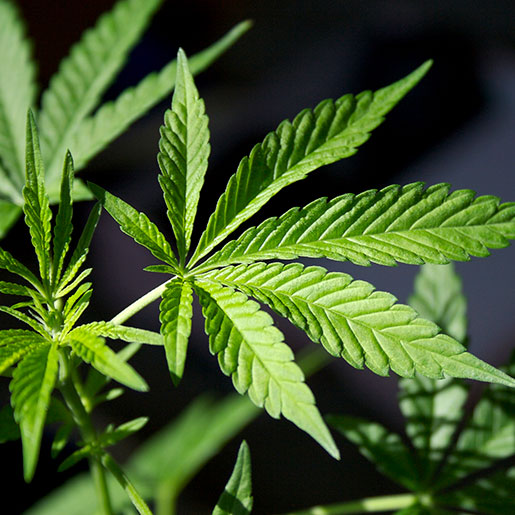
The Effects of Marijuana on the Developing Brain
With increasing legalization and use, one might start to think about what marijuana is doing to the brain. Heather Mayer took a deep dive into some of the recent research to find out more about how marijuana can change the brain.
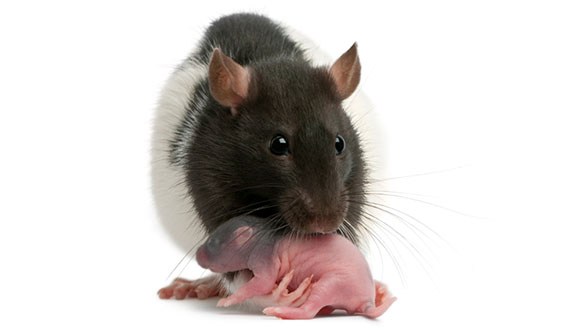
How Our Early Life Upbringing Can Be the Root of Our Anxiety
For decades, Sigmund Freud made it popular belief that all mental health problems were products of how your parents raised you. Although this idea fizzled out by the 1980’s, it still influences the way many clinicians treat their patients. What's the real science behind parental care and mental health, and what can we do about it?
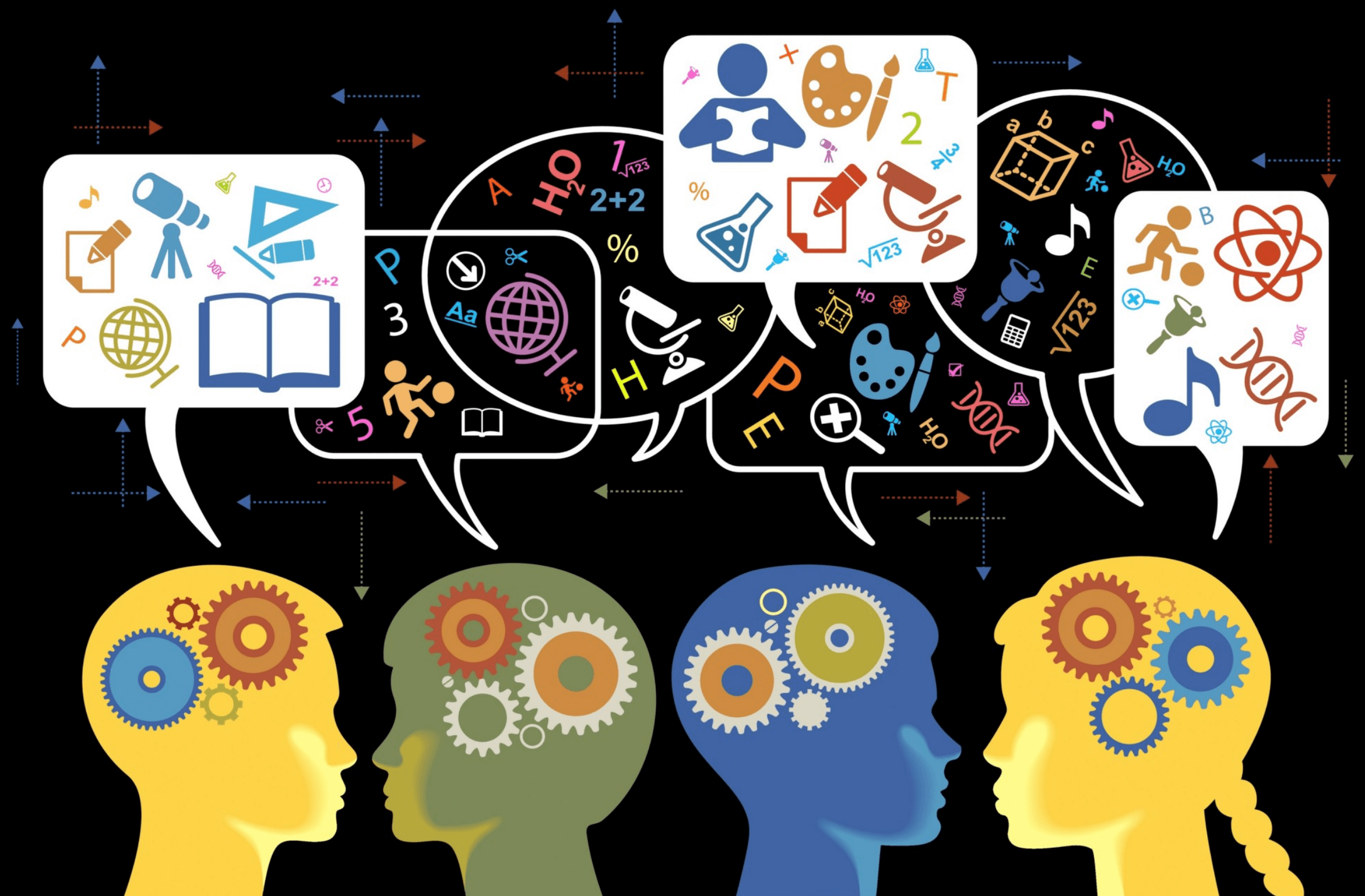
Storytelling Tips from Don't Be Such a Scientist
We tell stories with our data in papers, posters, and talks in addition to outreach; thus, science needs storytelling skills. Sydney Wyatt read Don’t Be Such a Scientist by Randy Olson to learn more about what she can do to improve her storytelling in advance of Dr. Czerne Reid's science writing workshop.
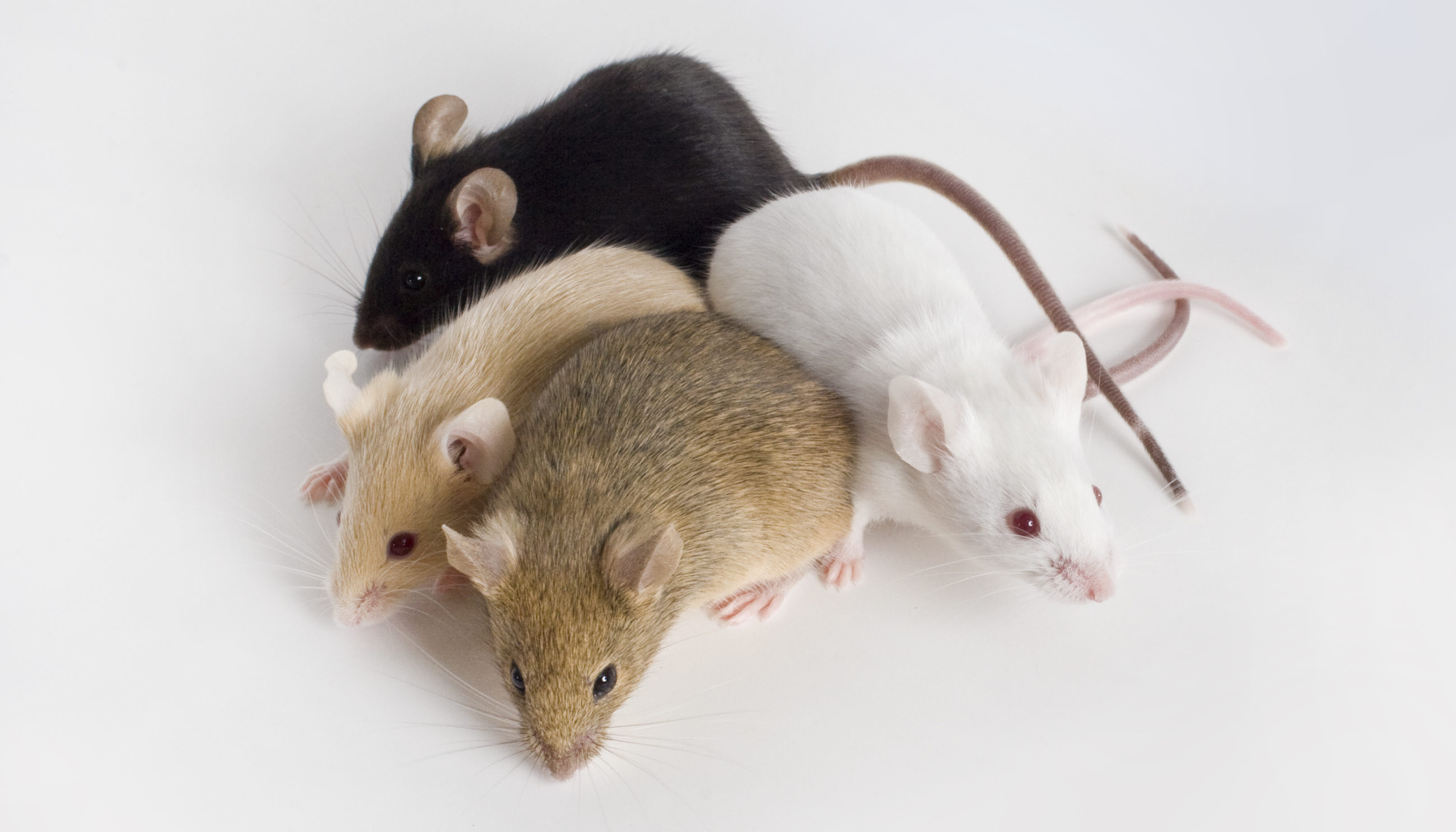
Considerations in Animal Research: Genetic Backgrounds Matter, Even 1%
Mice are often used for neurodevelopment disorder research, such as research into autism spectrum disorder. Assessing mice behavior resulting from inducing a disorder is a staple experiment, but one graduate student found that differences in behavior could be attributed to differences in mice strains. She found that as little as 1% genetic difference between strains could drastically affect the outcome of a behavior assay for a given disorder.
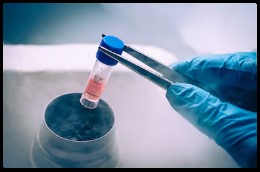
Stem Cell Therapy: The Future of Healthcare?
In recent years, stem cell therapy has garnered a significant amount of attention. Are stem cell based-therapies for regenerative medicine the answer to an aging and ailing population? In this article, Jackie describes how research is pushing stem cell therapy forward through the lens of her own PhD research.
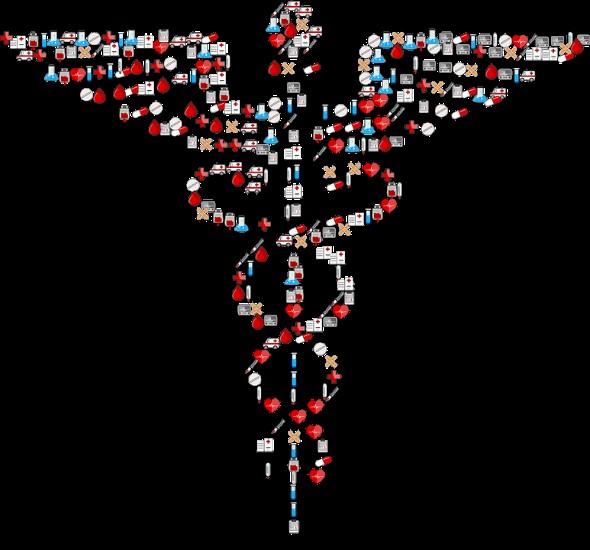
Diversity in Healthcare: Necessary Changes for Better Medicine
When discussing the most desired advancements in healthcare, a common phrase thrown around is “finding a cure for cancer.” Drug companies are under rigorous demands already for FDA approval, yet clinical trial populations fail to have a truly representative population. For instance, a drug may be developed for a biomarker whose presence varies between ethnicity. A clinical trial should represent these ethnic groups, but we found that's not always the case.

Graduate School: The Things I Wish Were Common Knowledge
Deciding whether to go to college and what degree to earn was challenging, but what about after college? Graduate school can be overlooked as an option because it's not considered a "real job" or you have to fit a stereotype to pursue a PhD. This article discusses experiences that dispel those and other misconceptions about graduate school.

How GMO Labeling Affects Your Wallet
Did you know there only 10 GMO produce items? Non-GMO labels on products that don't include one of these 10 items are misleading and you may end up paying twice as much for such a product. We have collected information regarding this marketing scheme, so read on to learn how you can save a few bucks on your next trip to the grocery store.

It’s totally normal to be fascinated by serial killers…right?
Many people refer to their obsession with true crime as a “guilty pleasure,” but what causes this widespread fascination with true crime and is it wrong to be interested in true occurrences of gruesome depravity?
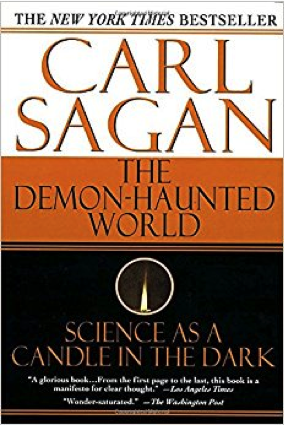
Baloney Detection
There are people who believe the Earth is flat, including celebrities and YouTubers. No one will be harmed for believing in a flat Earth, but what if this same line of thinking bleeds into other domains of life? Believing in pseudoscience can become a matter of life and death.

How a Dating Podcast Made Me Question Sperm’s Epigenetic Integrity
The effect of age on women's reproductive success is widely known. But it's only in the last few decades that any paternal characteristics were considered in fertility studies. So are there developmental risks associated with older fathers?
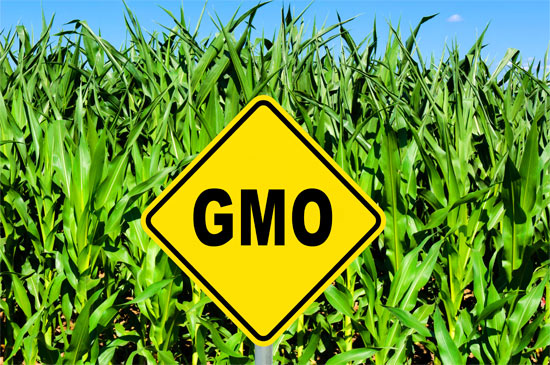
An Honest Discussion on the Labeling of GMOs
"GMO" is a vague term and we are stuck with it for now. The FDA has no requirements for GMO/GE labeling (yet) but is trying to establish a clear system. In the meantime, Vermont established requirements for GMO labeling and similar initiatives to label GMOs have been pushed in many states. In response, many companies have begun to label their products as non-GMO, leading to a confusing consumer landscape and a frustrated scientific community. But why is GMO labeling so frustrating for scientists, and how can we create an informed consumer base?
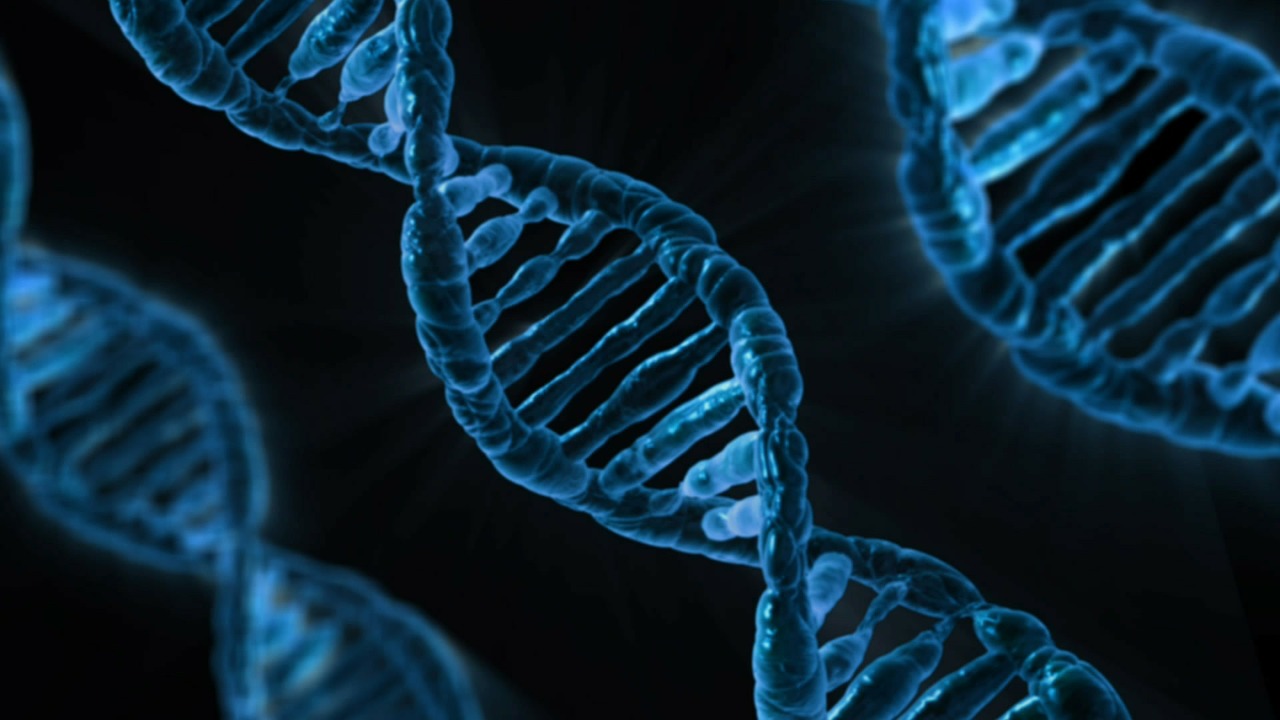
Nevertheless, Foreign DNA Persisted
Having unprotected sex can have legitimate consequences. But should you fear your partners’ DNA persisting inside of you for the rest of your life? No. An article claiming that a woman contains DNA from every sexual partner she’s ever had surfaced a few months ago and we dug into the science behind it.
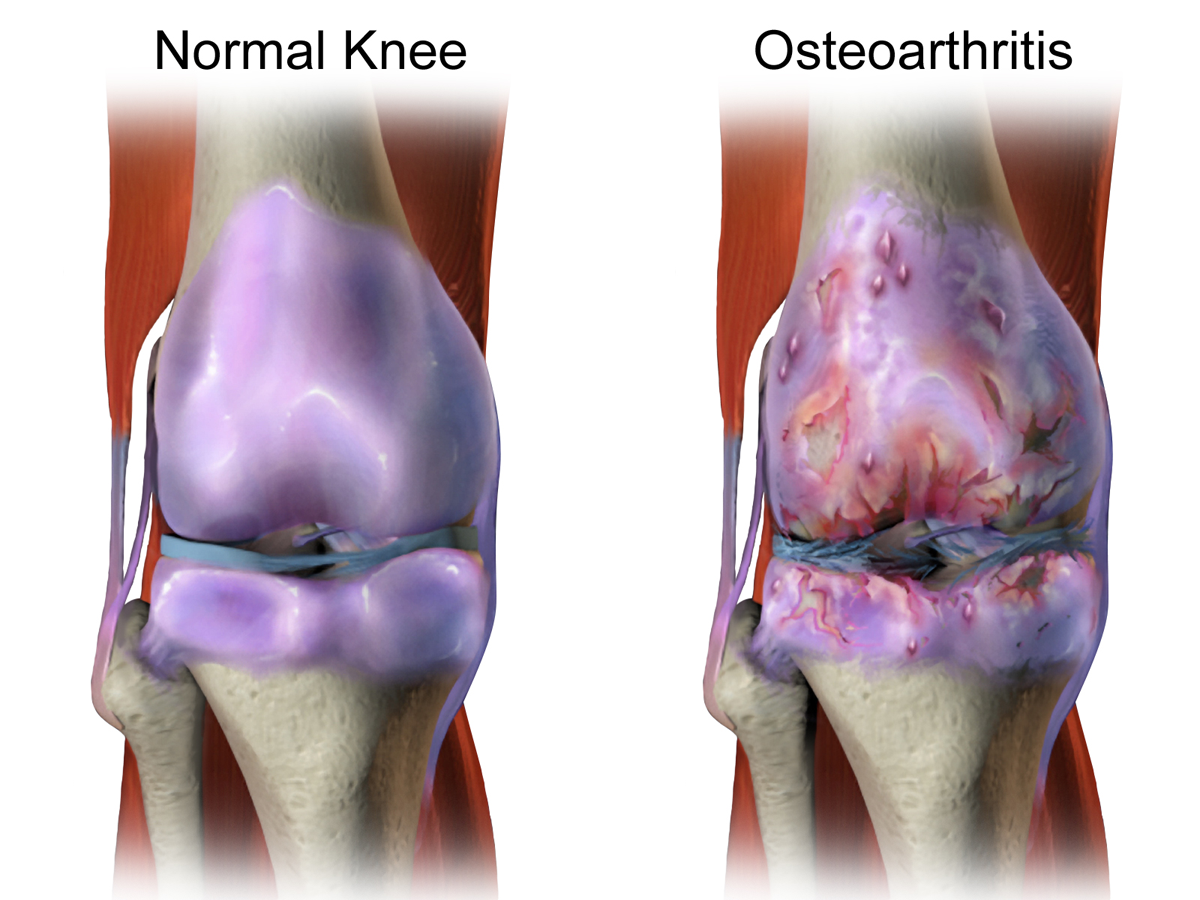
Your Guide to Post-Traumatic Osteoarthritis
Have you sprained your ankle? Maybe you tore your ACL? Then you may be at risk for post-traumatic osteoarthritis along with 5.6 million other people in the US. Sadly, there is no cure and few treatment options as these joints become stiff and painful over time. So what can you do to help your future self?

Modern Agriculture Buzzwords Infographic
Confused about new ag terms and don't want to make flashcards? Check out this infographic for a quick refresher.

Next Level Science Communication: Humanize, Normalize, Illuminate
Scientists need to humanize scientific research. We need to normalize science communication. We need to illuminate the scientific process. How? Small focused workshops will enable richer dialogue between participants and instructors, resulting in a deeper understanding of how to effectively engage the public.
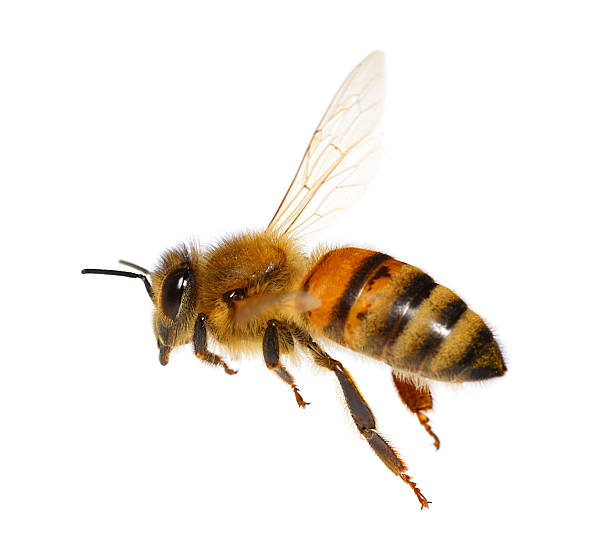
8 Bee Experts Weigh-In on Pollinator Decline & Cheerios’ Bid to Save Them
Honeybees are okay, but wild pollinators are at risk. The biggest threat is habitat loss, but climate change, insecticides, and diseases also spell trouble. Certain agricultural practices can help, and we can all do our part by planting flowers instead of keeping grassy lawns and encouraging city planners to do the same.
